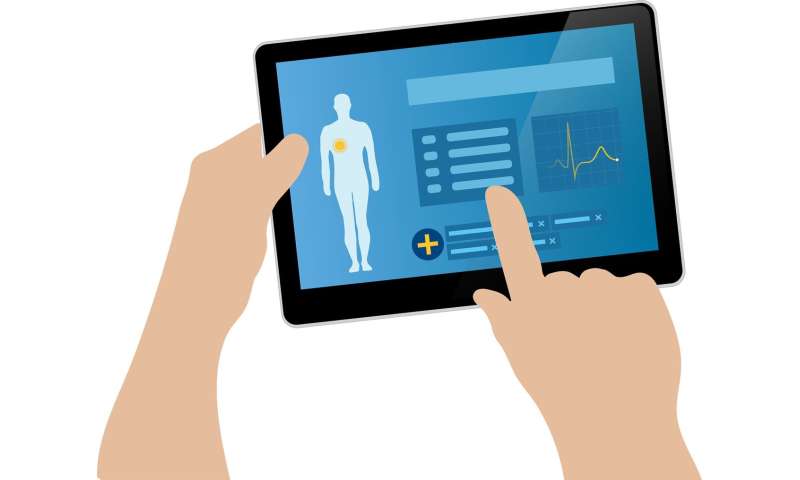
Digital tracking of people with mental health conditions has the power to transform medical diagnostics and treatment, but its claims need careful scrutiny, says an expert in digital analytics from the University of Bath.
The approach, known as ‘digital phenotyping’, uses digital traces from smartphones, combined with medical data, and input from patients throughout the day. It offers a new route to detect and monitor various health conditions that scientists and startups are rapidly exploring, but critical questions remain, says Dr. Brit Davidson from the University’s School of Management, in General Hospital Psychiatry.
Although Dr. Davidson believes that digital phenotyping has great potential she says that at present strong claims are often made without rigorous evidence.
For example, a marker of concern might be a sudden drop in smartphone-based communication. For one person this could be a sign of social withdrawal, but for another this might mean they are communicating face to face instead: the link between online and offline behavior remains unclear and under-researched.
“There are serious ethical questions due to the intrusive nature of having all digital interactions recorded,” said Dr. Davidson. “We do not yet know the impact of continuous monitoring on people, yet alone those with severe psychiatric illness such as schizophrenia, bipolar, and various depressive disorders, commonly seen in current research samples. I would like to see greater study of data from the general population as a safer avenue to pursue until the research is more established.”
Dr. Davidson raises further concerns regarding privacy and data protection, both particularly important for sensitive data from devices alongside (mental) health information. Dr. Davidson hopes that professional bodies will provide guidelines regarding ethical, privacy and security, and data collection protocols for conducting this research.
She also draws comparisons with medical insurance companies increasingly linking with fitness devices (eg FitBit and Vitality) to offer tailored premiums, where users won’t necessarily understand the implications. For example, forgetting to wear the device could trigger insurance to be invalidated or increase premiums if activity levels drop below a certain level.
Source: Read Full Article
